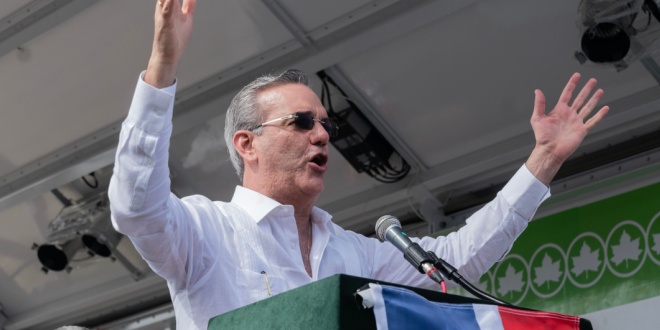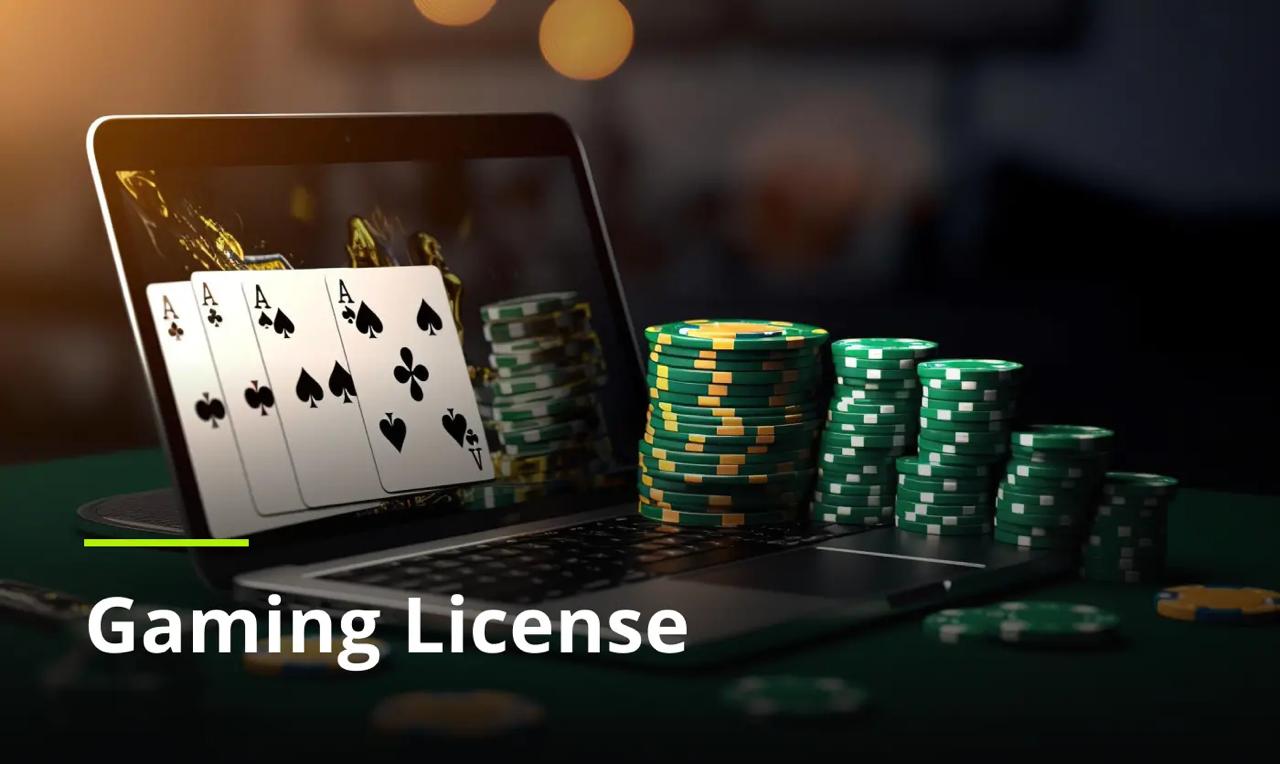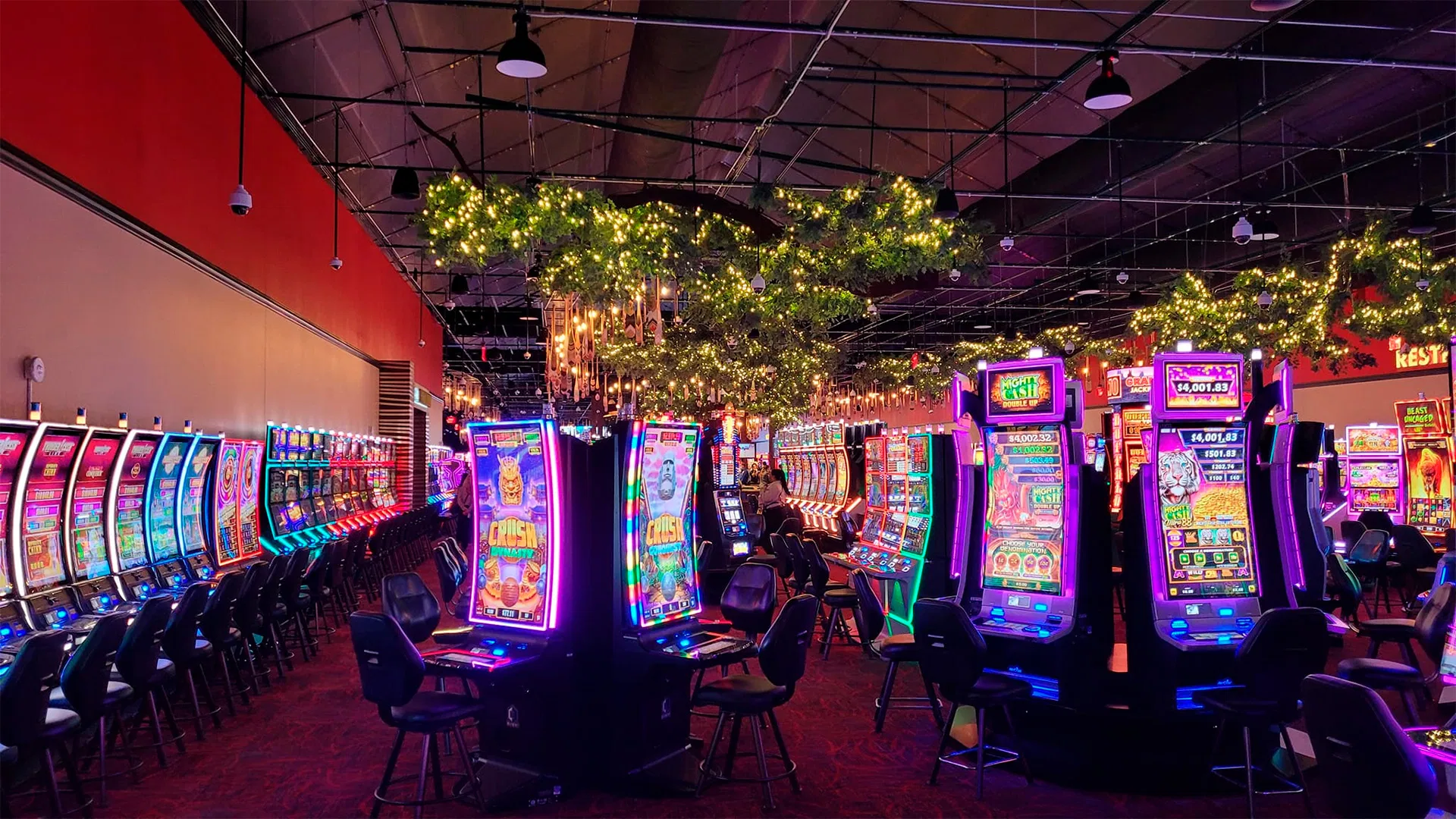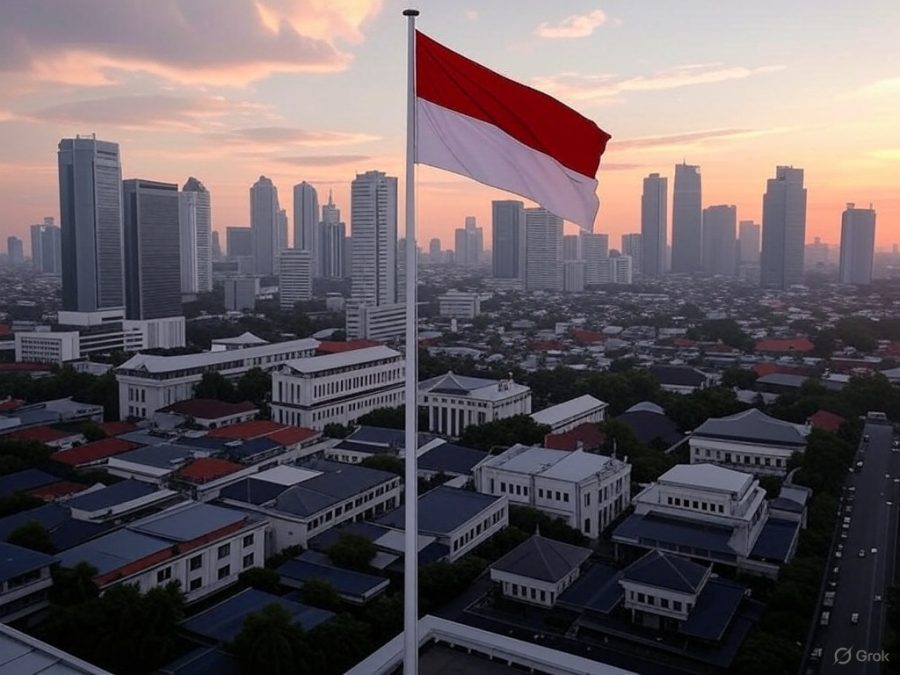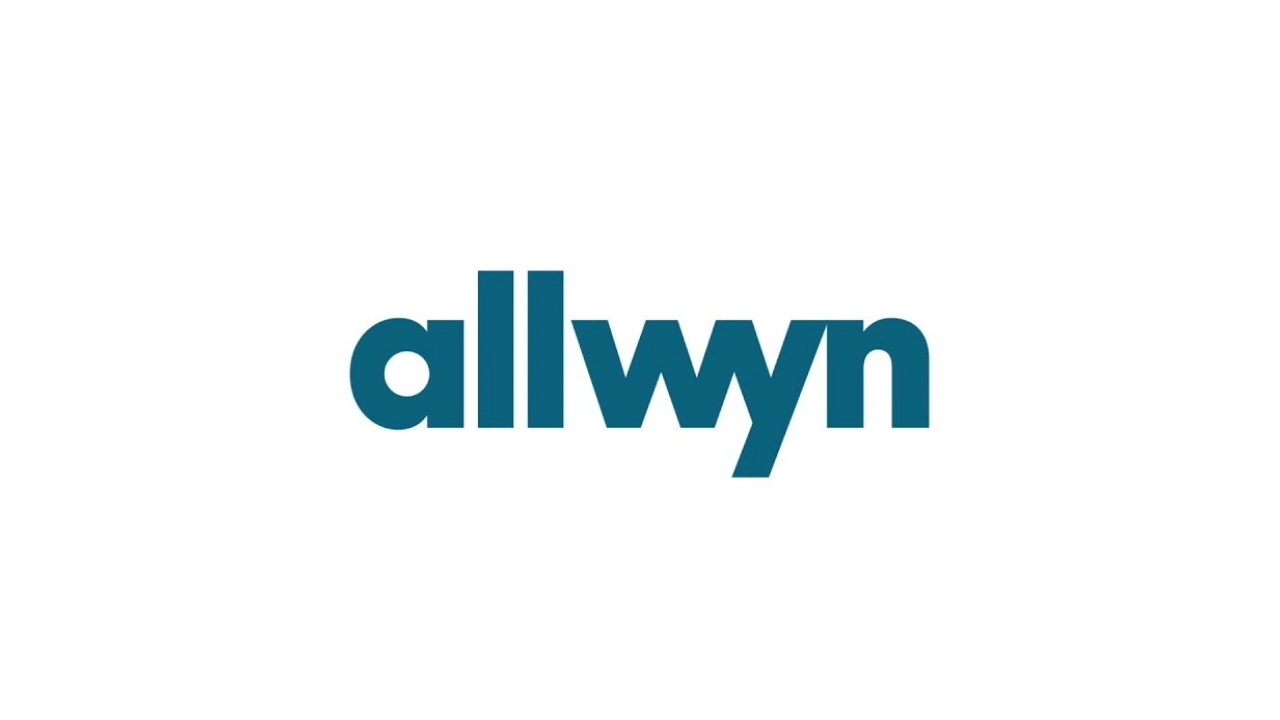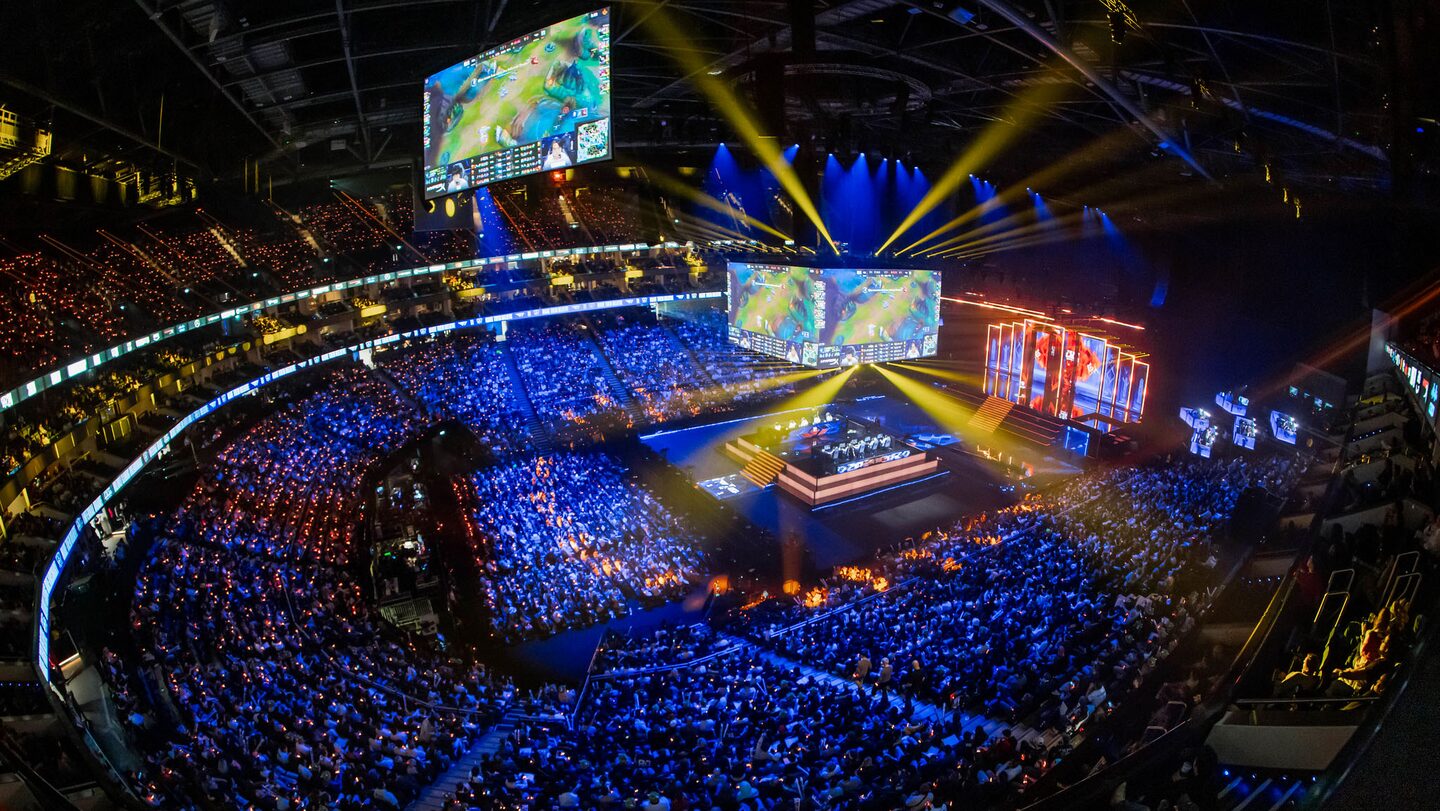President Luis Abinader has introduced a bill in Santo Domingo to establish a new legal framework for the Dominican Republic’s gambling industry. The bill was submitted through the Legal Advisory Office of the Executive Branch, requesting the establishment of the General Directorate of Gambling.
This new agency will be responsible for regulating the industry, overseeing operations, and combating money laundering. The bill covers 15 types of gambling, including casinos, sports betting, lottery banks, raffles, slot machines, bingo, and online gambling. It outlines specific licensing, tax, and operational rules to boost transparency and accountability.
Licensing, Taxes, and Distance Rules
According to the new bill, casinos will only be allowed in hotels rated four stars or higher. Operators also have to pay monthly table fees ranging from RD$55,853 to RD$85,927, as well as a 5 percent tax on gross slot machine sales.
Sports betting houses face stricter control, including a ban in rural areas and a required minimum distance of 500 meters between establishments. They must comply with an annual transaction limit of RD$386,673 in metropolitan zones and RD$257,782 in other areas. An upfront fee of RD$794,414 and 1 percent of their monthly gross sales is also required.
For online gambling, a 10 percent tax on monthly sales applies. Operators must pay RD$5 million monthly or risk suspension of their website domains, until a national digital control system is implemented.
Restrictions on Gambling Locations
To protect minors and vulnerable populations, the bill prohibits slot machines in entertainment centers, allowing them only in casinos, betting shops, and up to three-star hotels. Lottery houses will pay an annual tax of RD$60,149 and 1 percent of monthly sales. They also have to pay an initial licensing fee of RD$317,765 and be located at least 200 meters from schools, churches, health centers, and public offices.
In addition, electronic lottery operators face taxes of up to 24 percent on cumulative draw sales, while bingo games are taxed at 10 percent.
Penalties and Public Health Measures
Violators of the proposed law face fines of up to 400 times the minimum wage and prison sentences ranging from six months to ten years. Offenders might also be prosecuted under Law 155-17 on Money Laundering and Terrorism Financing.
Gambling establishments are required to post warnings such as “Compulsive gambling affects your health” at entrances. Any platform convicted for fraud or money laundering in the past four years is barred from receiving licenses. A Single Registration system will also be implemented to ensure digital tracking, enhance cybersecurity, and prevent underage access to online gambling. The Senate has referred the bill for review and a forthcoming report.

 Companies
Companies 